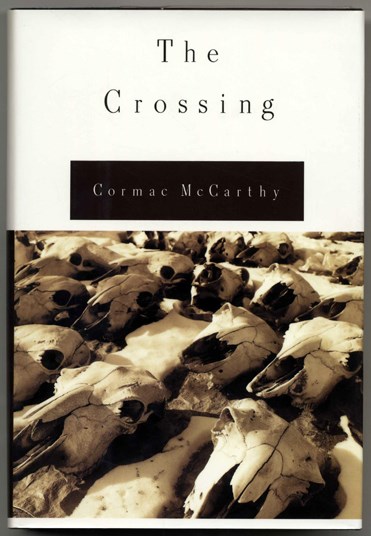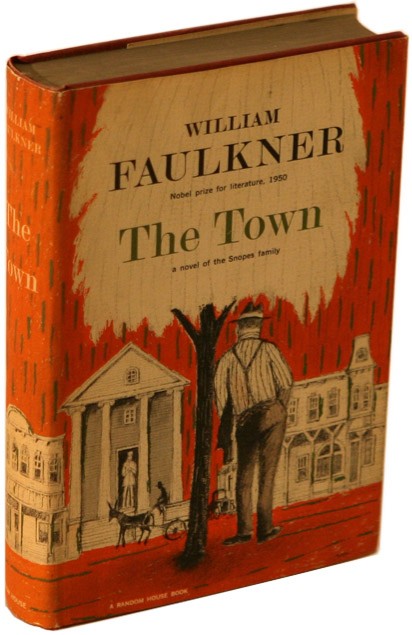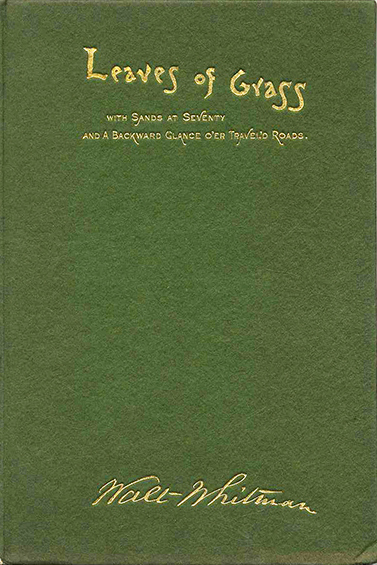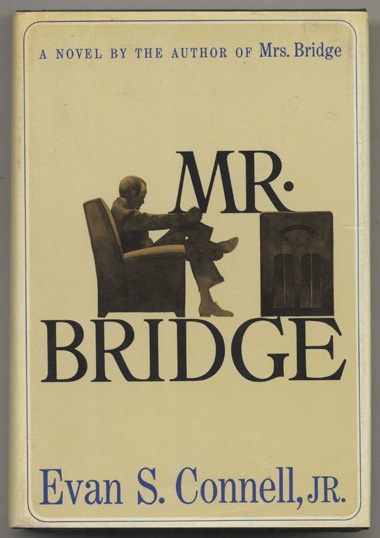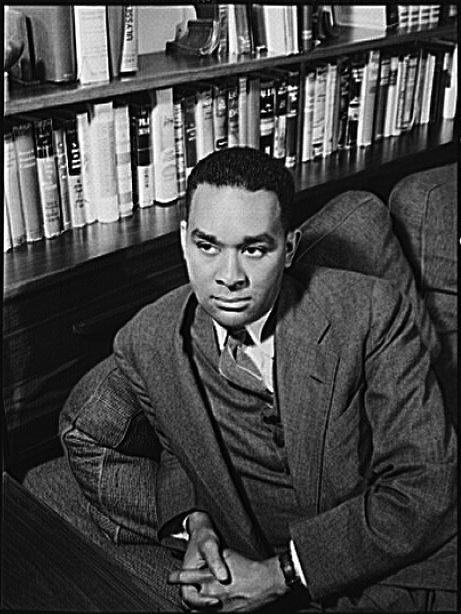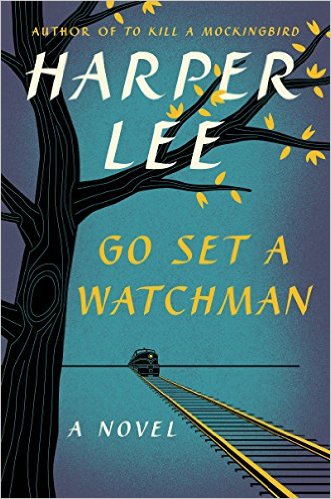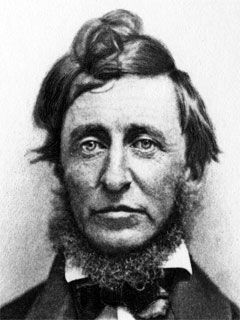For several years now, Cormac McCarthy has received his due as one of the best living writers around. However, he has never had the reputation of being a particularly accessible writer. If you’ve had trouble reading McCarthy’s work, you’re not alone. Even Harold Bloom, one of today’s most eminent readers, confessed to two false starts reading Blood Meridian. The evocative power of the novel’s violence, Bloom said, was difficult to bear. And indeed, as a distinct writer, McCarthy’s work can require a certain sensitivity and attentiveness to behold. Yet despite its difficulties, legions of Cormac McCarthy’s fans will assure you the extra effort the work requires is well worth it.
us toll free: 1-800-948-5563 international: +1 (843) 849-0283 UK: +44 (0) 1334 260018




